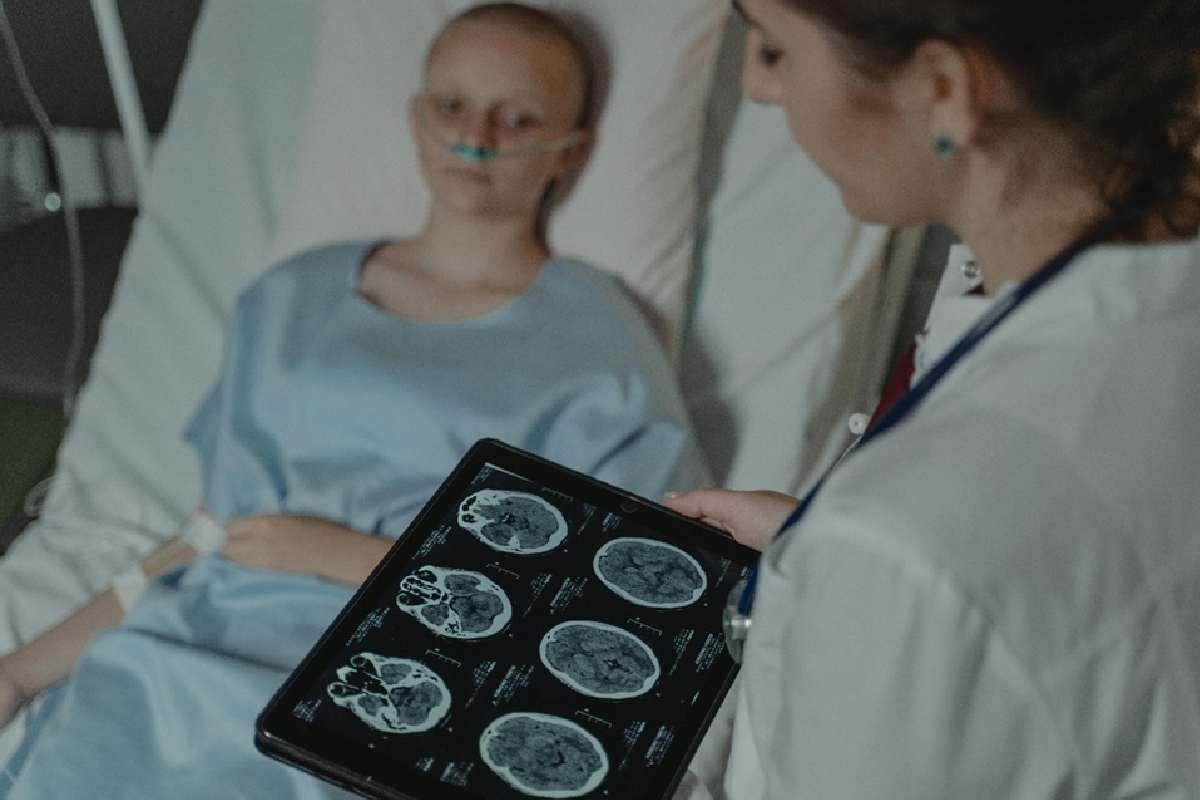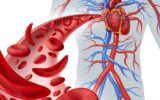When you think of healthcare, doctors often come to mind first. But in reality, it’s nurses who spend the most time with patients, providing care, comfort, and guidance during some of life’s most vulnerable moments. They are often the first to notice changes in a patient’s condition, the ones to explain procedures in simple terms, and the people who help families navigate challenging situations. In many ways, nurses are the foundation of healthcare, making sure systems run smoothly while patients feel supported.
Today, the demand for skilled nurses is higher than ever. With an aging population, an increase in chronic health conditions, and the ongoing impact of global health crises, the healthcare system is under significant pressure. Skilled nurses play a central role in meeting these challenges, ensuring that patients receive safe, high-quality, and compassionate care. But with new demands come new expectations; nurses are now expected to bring advanced skills, leadership qualities, and a deeper level of expertise to their roles. That’s why more nurses are seeking opportunities to expand their education and strengthen their impact on healthcare.
Advancing Skills Through Education
To meet the growing demands of healthcare, many nurses are choosing to pursue additional training and degrees that prepare them for more advanced roles. For example, programs like LPN to BSN online give licensed practical nurses the chance to build on their experience and transition into broader responsibilities as registered nurses. These programs don’t just focus on clinical skills. They also help nurses develop critical thinking, leadership abilities, and knowledge in areas such as research and community health.
The flexibility of online learning means that nurses can continue working while completing their education, an important factor in a demanding profession. By advancing their education, nurses become better equipped to take on specialized roles, mentor others, and contribute to improving patient care on a larger scale. More importantly, they bring a higher level of expertise back to the bedside, ensuring that patients benefit directly from their growth.
Meeting the Rising Demand for Healthcare Services
The healthcare system is facing a major challenge: more patients need care than there are nurses available. This shortage is felt across hospitals, long-term care facilities, and community clinics. Skilled nurses are essential for closing this gap, helping to manage increasing patient loads without sacrificing quality.
As populations age, chronic diseases like diabetes and heart conditions are becoming more common. Nurses with advanced training are critical in managing these conditions, educating patients, and supporting preventive care. By expanding the number of highly skilled nurses, healthcare systems can keep up with rising demand while still providing the personal attention patients deserve.
The Role of Skilled Nurses in Patient Outcomes
When patients recover quickly or feel supported throughout treatment, skilled nursing is often the reason why. Nurses monitor vital signs, track changes in conditions, and communicate important information to physicians. Their ability to notice small details can prevent complications and even save lives.
Beyond physical care, nurses also provide emotional support. A reassuring word, a clear explanation, or simply being present can make a huge difference in a patient’s experience. Research consistently shows that when nurses are well-trained and well-supported, patient satisfaction and outcomes improve significantly. Skilled nurses aren’t just part of the care process. They are central to its success.
Supporting Physicians and Interdisciplinary Teams
Healthcare is a team effort, and skilled nurses are at the heart of that collaboration. They work closely with doctors, therapists, and specialists to coordinate treatment plans and ensure that patients receive seamless care. Nurses act as a vital link between patients and the broader medical team, translating complex information and advocating for patient needs.
When nurses have advanced education and strong skills, they contribute even more effectively to these teams. Their knowledge helps reduce errors, streamline communication, and improve efficiency across the system. In many ways, skilled nurses make it possible for healthcare teams to function at their best.
Embracing Technology in Modern Healthcare
Technology is changing healthcare, and nurses are expected to keep up. From electronic health records to telehealth services, nurses must be able to use digital tools to document care, track outcomes, and connect with patients in new ways.
Skilled nurses who pursue advanced training are often better prepared to adapt to these changes. They can confidently integrate technology into their daily routines while keeping patient-centered care at the forefront. For example, using telehealth to monitor patients remotely not only saves time but also improves access to care for people in rural or underserved areas. Leaders in nursing education recognize this, which is why modern programs prepare nurses to use technology effectively and ethically.
Addressing Healthcare Inequities
One of the greatest challenges in today’s healthcare system is ensuring that everyone has equal access to care. Skilled nurses are often the first to recognize disparities in treatment and advocate for solutions. Whether it’s helping patients navigate language barriers, providing culturally sensitive care, or ensuring that underserved populations receive attention, nurses are on the front lines of equity.
Advanced education helps nurses develop the tools to address these issues more effectively. They learn how to identify systemic problems, engage with communities, and implement strategies that reduce inequities. By doing so, nurses not only care for individuals but also help improve the overall fairness of the healthcare system.
Preparing Nurses for Leadership and Policy Roles
Nursing isn’t just about bedside care. It’s also about shaping the future of healthcare. Skilled nurses often step into leadership roles, influencing policies, managing teams, and guiding organizational change. Their insights, drawn from direct patient care, give them a unique perspective on what healthcare systems need to succeed.
Advanced training prepares nurses for these leadership positions, equipping them with the ability to make decisions that impact entire organizations. Whether they’re advocating for better staffing ratios, improving safety protocols, or pushing for increased resources, nurse leaders play a vital role in shaping policy and practice.
The Future of Nursing: Why Skills Will Matter More Than Ever
Looking ahead, the need for skilled nurses will only grow. Healthcare systems are becoming more complex, and the expectations placed on nurses are expanding. From managing new technologies to addressing public health crises, nurses will continue to be at the forefront of change.
The future of healthcare depends on a workforce of well-educated, adaptable, and skilled nurses. Investing in nursing education and training today ensures that communities will have the care they need tomorrow. For individual nurses, this means seeking opportunities to grow and advance their careers while continuing to provide compassionate, patient-focused care.
Skilled nurses are the backbone of modern healthcare. They provide essential care, improve patient outcomes, support medical teams, and lead change in the system. Their ability to balance technical expertise with compassion is what makes them so vital to every aspect of healthcare.
By continuing to invest in their education and skills, nurses not only strengthen their careers but also ensure that patients and communities receive the best possible care. The importance of skilled nurses cannot be overstated; they are, and will continue to be, the foundation of a healthier future for everyone.



